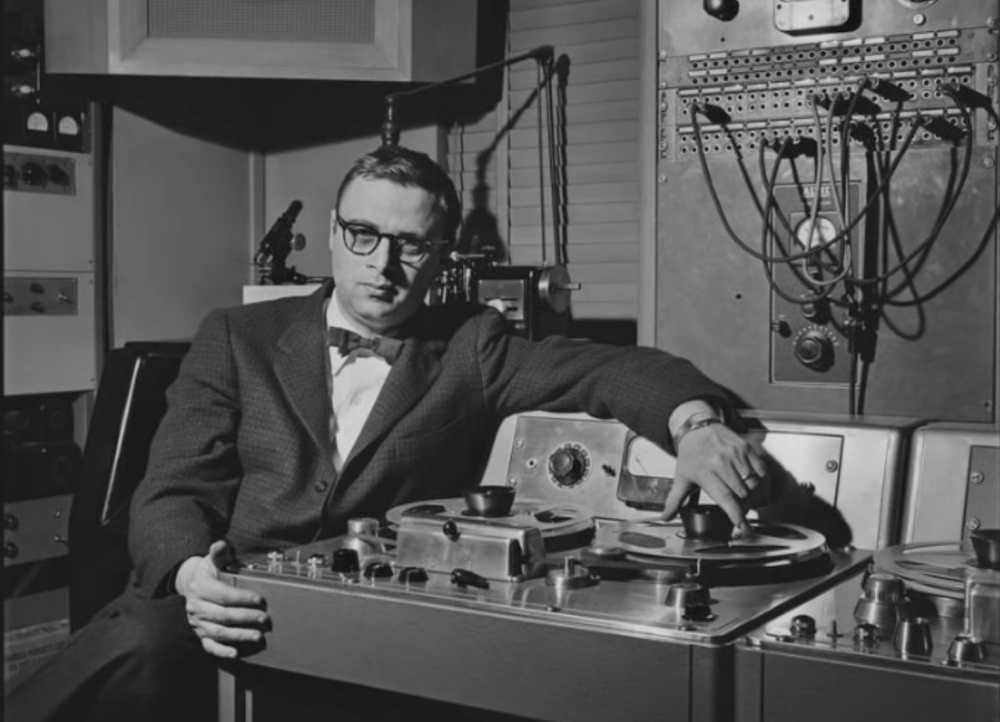I never once sat around and listened to those records and lamented how Rudy Van Gelder would have done it differently.
Rudy was also pretty notorious amongst jazz musicians, and jazz recording engineers, for changing the sound.
"Van Gelder would alter the sounds of the individual instruments -- and the entire recording -- with compression, equalization and reverberation both as they were being recorded, and after. He became a relentless sound chaser."
...
"The results were unlike any other recordings, even those of the same ensembles made in other studios. For one thing, Van Gelder cut hotter masters than anyone else, presaging today's “
loudness wars” where the goal is to squeeze out every last bit of dynamic range and maximize output. For purposes of radio broadcast, this practice made no more sense then than it does today, but Van Gelder and Lion wanted Blue Note records to play louder on the jukeboxes where the music was largely heard."
....
"Many musicians loved Van Gelder’s Blue Note sound; some (notably Charles Mingus)
hated it. You'll find
plaudits aplenty in this week's media from musicians, critics and music lovers. But here's just one skeptic, noted -- and controversial -- mastering engineer Steve Hoffman, with his own more technical description of the “Van Gelder sound” (from his own forum post at stevehoffman.tv):"
Take three or four expensive German mics with a blistering top end boost, put them real close to the instruments, add some extra distortion from a cheap overloading mic preamp through an Army Surplus radio console, put some crappy plate reverb on it, and record. Then, immediately (and for no good reason), redub the master onto a Magnatone tape deck at +6, compress the crap out of it while adding 5 db at 5000 cycles to everything. That’s the Van Gelder sound to me.
"Hoffman's not alone in his sentiment. For many of us in the recording trade, Van Gelder might be the most overrated engineer in audio history. But for me,
the so-called "Blue Note sound" has always been a musical, rather than audio, innovation, and Van Gelder less a peerless technician than a sonic visionary."
"But many of us are also missing something essential about audio recording for people without dog's ears: human ears don't want “clean” sound. Rather, we’re drawn to harmonic distortion.
People don't really want realism or even accuracy; we prefer "larger-than-life." That's what Van Gelder gave the world, to the best of his ability and equipment: the biggest, hottest sound he could form. Like his pioneering home studio setup, that passion for “larger-than-life” sounds among both listeners and music-makers is truly the state-of-the-art today."
For many people in the recording trade, Rudy Van Gelder might be the most overrated engineer in audio history. But for audio producer George Hicks, the so-called "Blue Note sound" has always been a musical, rather than audio, innovation, and Van Gelder less a peerless technician than a sonic...

www.wbur.org
Despite his modern reputation as some kind of minimalist, Van Gelder was anything but -- he was just limited by the tech of the time and his Hackensack home.
Maybe Rudy is better thought of as the Phil Spector of jazz?
That being said, I do like most of his recordings; I have more Blue Note LPs than any other label. The picture in the article is my desktop wallpaper.
But despite what many audiophiles think, Rudy's recordings are manipulated to hell and back (like most studio recordings are).

